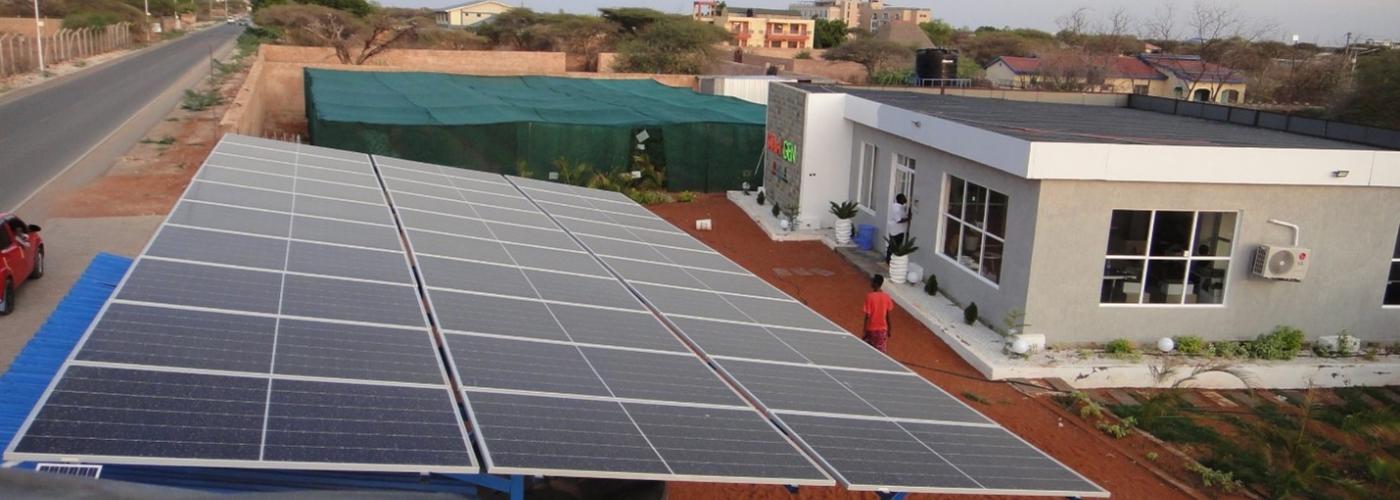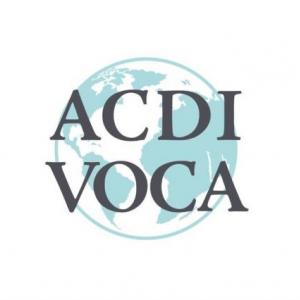Financing Solar Solutions in Northern Kenya: Case Study of an Impact for Northern Kenya Fund Client
Image

This post was authored by Paul Newall, Senior Technical Director of Partnerships & Investment at ACDI/VOCA.
Solargen Technologies Ltd. is a solar energy, water, and irrigation solutions provider with a mission to serve underserved communities by keeping energy, water, and irrigation services affordable. The company’s offerings include off-grid solar power solutions, cold storage power solutions, solar irrigation systems, and solarizing drinking water. Headquartered in Nairobi, the company targets operations in the arid and semi-arid lands of Kenya and regional markets in Uganda and Somalia.
There is a high need for Solargen’s products and solutions in Northern Kenya due to low connectivity to the national electricity grid, but many customers cannot afford to pay for the existing solutions upfront. To address this financing gap and access customers, Solargen offers its products through a pay-as-you-go (PAYGO) structure, so consumers who cannot afford to pay for a product upfront will pay in small, affordable instalments. Solargen’s PAYGO product is also Shariah-compliant, which is an important criterion for borrowers in Northern Kenya.
Deal Structuring
Solargen was founded in 2010 by Abubakar Aidarus, when he was an electrical engineering student at the University of Nairobi. With a lack of appropriate sources of financing options, Solargen’s management self-financed operations and reinvested profits in the commercial business.
USAID Kuza, through investment manager AV Ventures, an affiliate of ACDI/VOCA, conducted a months-long financial, managerial, impact, and legal due diligence process. The team visited Solargen’s branches in Nairobi and Wajir to evaluate the operations and interview staff, management, and clients. They analyzed Solargen’s quantitative and qualitative information, including audited financial reports, income drivers, operational and administrative expenses, profitability and financial position, balance sheet, funding sources, and the quality of their clients in the PAYGO model. The evaluation included an analysis of Solargen’s collateral, financial model, ICT, regulatory environment, and solar products. The team also noted the applicability of Solargen’s Shariah principles to Northern Kenya, including how it addresses the recovery of debts and the rolling out of products, including marketing through community thought leaders and religious authorities.
In 2022, the Impact for Northern Kenya Fund (“the Fund”), developed by USAID Kuza, disbursed a loan to Solargen to for on-lending through their PAYGO model. Solargen’s founder and management team are Muslim, so the Fund custom-designed a Shariah-compliant product for this transaction. Traditional investment products calculate and share risk through collateral and interest payments. However, the charging and payment of interest are considered haram, or forbidden, in Islam. AV Ventures created a profit-sharing model based on the company’s earnings before interest, taxes, depreciation, and amortization (EBITDA), instead of interest. Repayments are sent quarterly and are a percentage of Solargen’s EBITDA. This structure is similar to an equity investment, as the interests of the investor and investee are highly aligned.
Economic and Social Impact
At the time of publication, Solargen has used the proceeds of the Fund’s loans to finance over 10 micro, small, and medium enterprises in Wajir, Marsabit and Turkana counties. End clients include community boreholes, solarized water pumps, and solar electricity panels for places of business. Solargen’s typical Northern Kenyan client operates a micro or small agricultural enterprise and provides employment for up to 10 full-time and causal employees.
Solargen has a high social impact rating, as the company’s solutions increase access to water and electricity, thereby making the Frontier Counties Development Council, a regional economic bloc in Kenya, more resilient to drought and food insecurity. Solargen currently employs 30 staff, of which 50 percent are youth, and 30 percent are female. As a part of its corporate social responsibility efforts, Solargen has provided pro-bono solar systems to schools in Northern Kenya.


